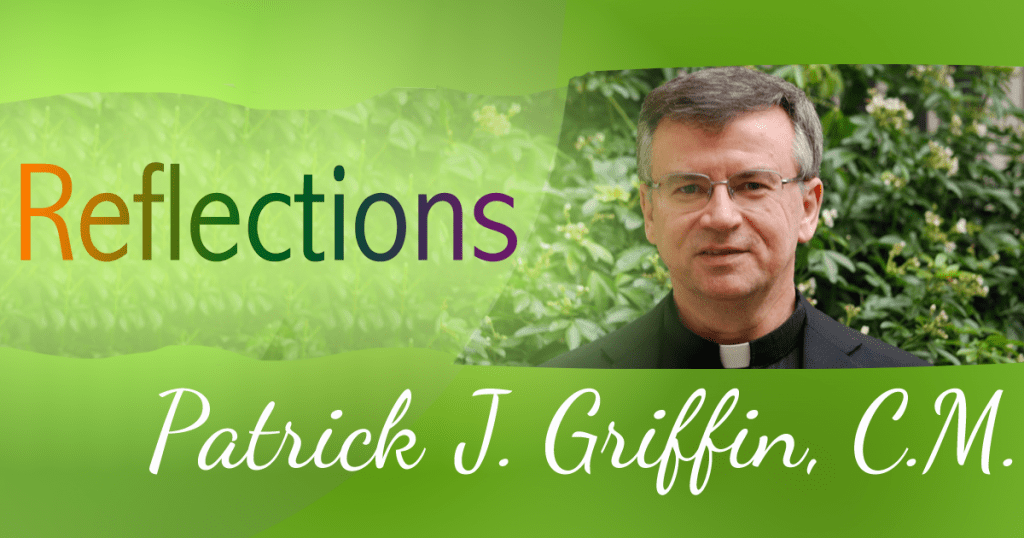In recent years, when I have had the pleasure of reading the Gospel story of the Prodigal Son, I have gotten into the habit of giving special emphasis to the first words of the parable: “A man had two sons. . .” I highlight the fact that there are “two” sons. As the parable begins this way, we have planted in the back of our minds that two stories should unfold. Hearing about the adventures of one son leaves a gap. We would/should be asking: “But what about the other son?” Jesus’ parable does not leave us hanging. The story of the second son also finds its place. But, how will the stories come together?

We know the self-centeredness of the younger son. (The older brother will remind us of his character soon enough.) We know how hunger and need has brought this second sibling back to the father. We can only hope that repentance also drives his return. And, we know how the father receives him with such great warmth and welcome. Nothing less than a feast is sufficient to celebrate this son’s coming home.
But, then the parable offers us that focus that our heads may have awaited from the first words: “Now the older son. . .” I try to grace this line with a pause. Another story, yet not yet the final story, comes to the fore. Whatever joy that we felt in the father’s happiness at the return of his second son is now to be compromised by the words of his first son. We listen to what this older son has to say. We may believe him in the picture that he paints, though we know that the hurt has embittered him.
But what happens next? We began the story with the father and his two sons. Then we had the stories of each of the sons with the father. Now, we can wonder what happens to the father and the two sons. The parable does not intend to resolve this question. As in most parables, we are part of the story. What character do we play? Perhaps it varies with different hearings and contexts. However, we recognize that the questions asked and the responses offered are addressed to us. We can be both of the sons—though not at the same time. How do we write the conclusion of the story? Is it one big happy family or a divided home? Will the older brother join in his brother’s feast or turn away from him and their father?
The story offers many lessons. Several of them involve repentance and forgiveness. Who will seek forgiveness and who will grant it? Who will repent his words and actions and who will not consider them? What role does the father play in the encounter between the sons? At the end of the parable, this patriarch remains outside the feast with his older son, but I am confident that he will return to the celebration with his younger son. Do you think that he is correct in that choice?
Yes, it is the story of two sons. Both have something to teach us and both have something to learn. Jesus intended to promote this reflection for his hearers and for us.







I have shared that story often and brought up both sons. the younger son repented and returned and the father welcomed him. the older son did not necessarily join in the feast. What I like about this part of the parable is that the father allowed the older son to vent his disappointment, maybe even anger toward his father. then the father responded positively and finally the father left the older son to make his own decision. It is all about freedom. The freedom of the younger son to leave and then return and the freedom of the older son to vent and to be left with the freedom either to rejoin the party or take more time on is own. God gives us that same freedom to make the choices we want. Peace, Louie
Here’s what a child said when I read this story.
The father had two sons. They both made a big mistake. And the father loved them both.